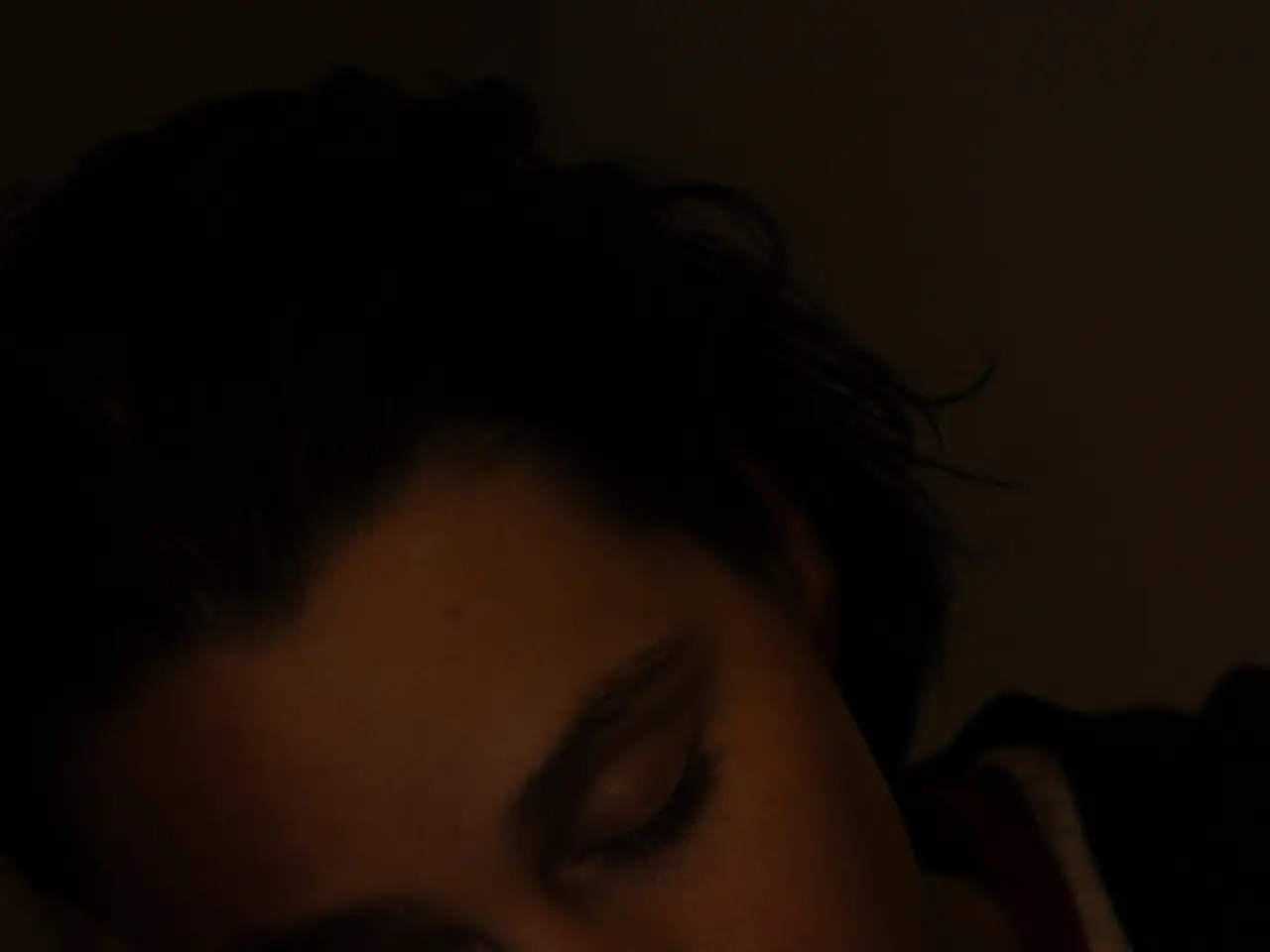Sleep Apnea Relief: Laure's Journey and the Machines That Changed Her Life
Sleep apnea, a common yet serious sleep disorder, affects nearly one in ten French people. Laure Messirejean, a sufferer for a decade, shares her journey with the condition and the relief she found in a prescribed machine.
Sleep apnea is characterized by repeated episodes of paused breathing during sleep, typically due to blocked airways. Symptoms include loud snoring and frequent nighttime awakenings to use the bathroom. Despite common belief, it can affect people of any weight. Laure Messirejean, who has been living with the condition for ten years, experienced these symptoms firsthand.
The only reliable test for sleep apnea is a sleep study conducted with specialized devices worn overnight. Only a doctor can determine the appropriate treatment. Influencers promoting sleep apnea machines on social media may mislead the public. Dr. Rebecca Le Discorde, a sleep specialist at Raymond Poincaré Hospital, diagnoses around ten patients weekly, highlighting the prevalence of the condition.
Laure found relief in a machine prescribed by her doctor, costing up to 5,000 euros, fully covered by her health insurance. Second-hand devices and alternative remedies like pillows and humidifiers are available online, but their effectiveness is uncertain. Dr. Mateo Sanchis-Borja, a pulmonologist, warns against online tests for diagnosis, as they may delay proper treatment.
Sleep apnea machines, also known as CPAP (Continuous Positive Airway Pressure) devices, come in various types. Custom-made anti-snoring mouthpieces, provided by trained dentists upon medical prescription, are proven to be more effective and comfortable. Pre-made versions serve as test solutions but are less effective, so medical consultation is crucial for accurate diagnosis and treatment.
Laure Messirejean's quality of life improved significantly since using her prescribed sleep apnea machine. Despite the prevalence of the condition, accurate diagnosis and appropriate treatment are essential. Consulting a healthcare professional is the first step towards managing sleep apnea effectively.





